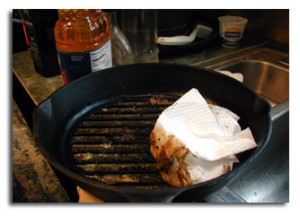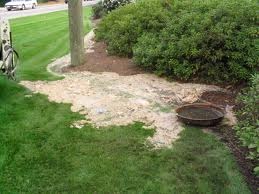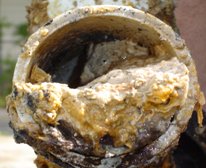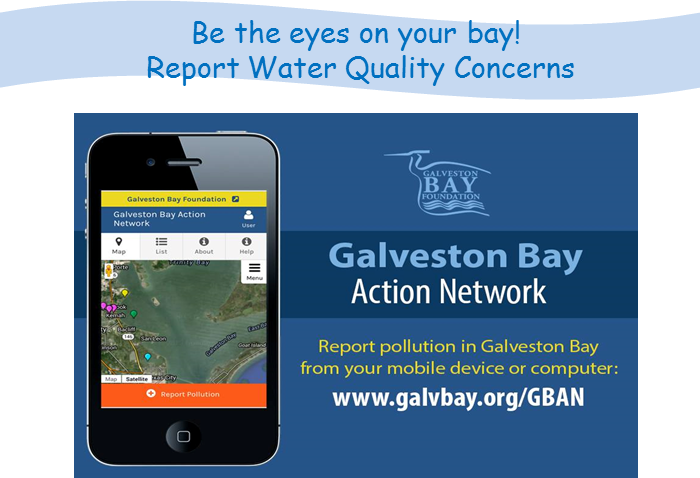
Fats, Oils, and Grease that are poured down the kitchen drain accumulates in sewer pipes. If the flow of water is restricted due to the accumulation, it can cause untreated wastewater to backup into homes. The untreated sewage from these overflows can contaminate our waters, causing serious water quality problems. It can also back-up into basements, causing property damage and threatening public health.
What are FOG’s and what are the most likely places they come from?
- Meat fat in food scraps
- Cooking Oil
- Shortening
- Lard
- Butter and Margarine
- Gravy
- Food products such as Mayo, Salad Dressings and Sour Cream
Do…
Do recycle used cooking oil or properly dispose of it by pouring it into a sealable container and placing the sealed container in the trash.
Do contact local recyclers for large quantities of FOG by looking in the yellow pages under “Greases” or “Rendering” or contact your solid waste service.
Do mix large quantities of oil with clay cat litter. After the oil has been absorbed, pour the contents into a trash bag, seal the bag and dispose of it in the regular trash.
Do throw food scraps into the trash, not the sink.
Do wipe pots, pans, and dishes with dry paper towels before rinsing or washing them. Then throw away the paper towels.
Do place a catch basket or screen over the sink drain when rinsing dishware, or when peeling or trimming food, to catch small scraps that would otherwise be washed down the drain. Throw the scraps in the trash.
Do rinse dishes and pans with cold water before putting them in the dishwasher. Hot water melts the fats, oils, and grease (FOG) off the dishes and into the sewer pipes. Later on in the sewer, the hot water will cool and the FOG will clog the pipes.
Don’t…
Don’t use a garbage disposal or food grinder. Grinding food up before rinsing it down the drain does not remove FOG; it just makes the pieces smaller. Even non-greasy food scraps can plug your home’s sewer lines.
Don’t pour cooking oil, pan drippings, bacon grease, salad dressings, or sauces down the sink or toilet, or into street gutters or storm drains.
Don’t use cloth towels or rags to scrape plates or clean greasy or oily dishware. When you wash them, the grease will end up in the sewer.
Don’t run water over dishes, pans, fryers, and griddles to wash oil and grease down the drain.
Don’t clog septic tanks by putting FOG’s down the drain.
The following are a few reasons why YOUR Actions Matter:
Communities spend billions of dollars every year unplugging or replacing grease-blocked pipes.
Excessive FOG in the sewer system can affect local wastewater rates.
FOG causes overflows and threatens the quality of our water. Exposure to untreated wastewater is a public-health hazard.












